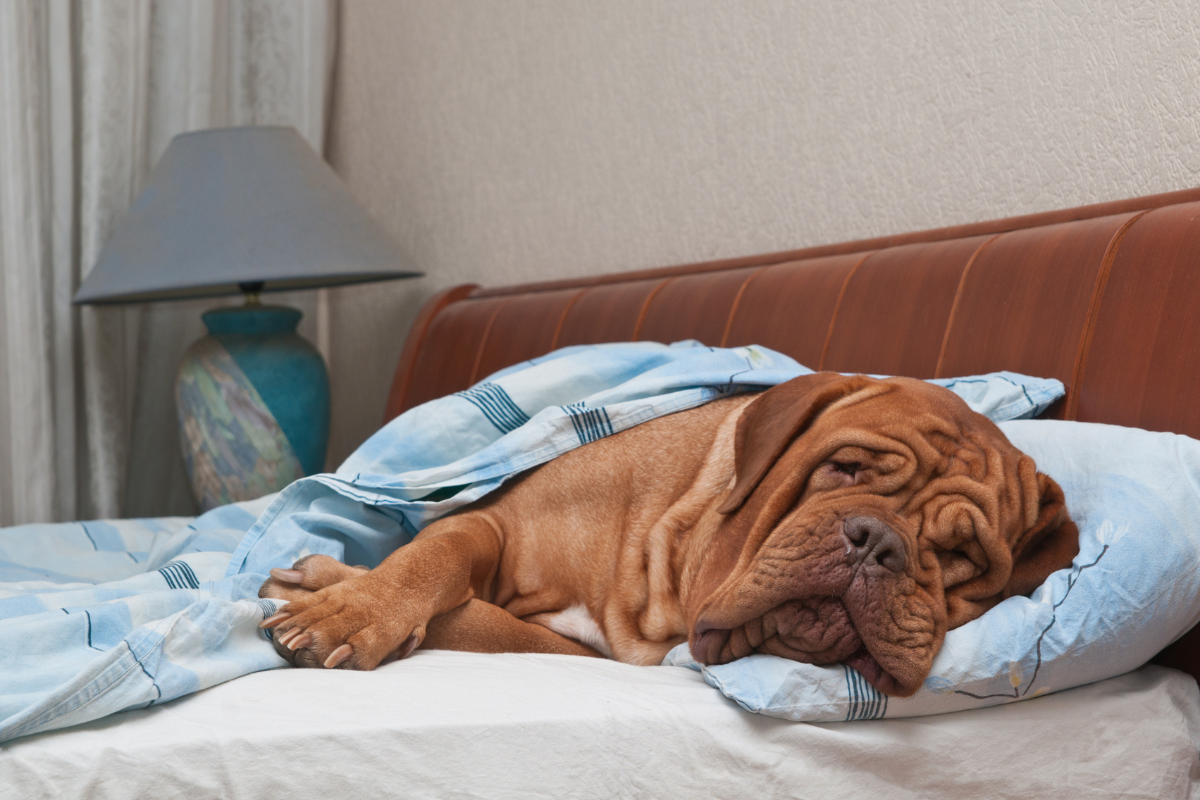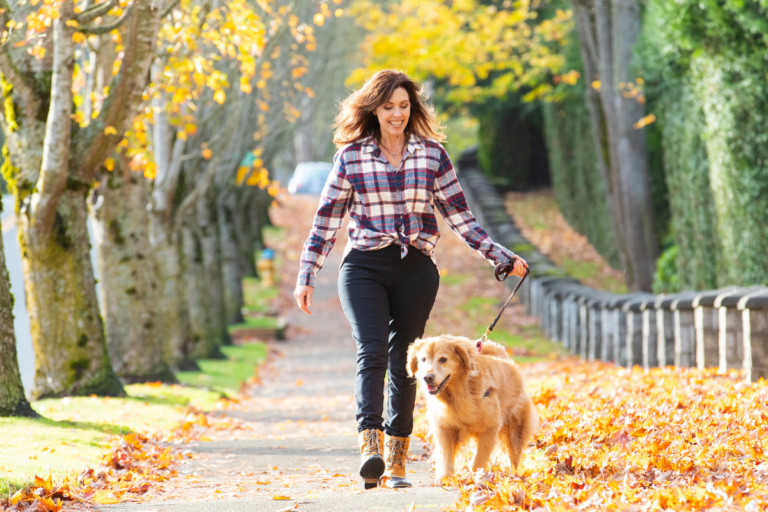The Canine Slumber: Unraveling Why Dogs Need So Much Sleep
This post may contain affiliate links, meaning if you decide to make a purchase via my links, I may earn a small commission at no additional cost to you. You can read our full affiliate disclosure by clicking here.
Introduction:
Welcome back, fellow animal enthusiasts! Today, we’re diving deep into the world of our furry friends – specifically, why dogs need so much sleep. As a devoted animal lover, you probably already know that our canine companions are notorious for their love of snoozing. But have you ever wondered why dogs seem to be such sleep aficionados? Let’s explore the fascinating reasons behind this adorable canine habit.
The Natural Sleep Cycle of Dogs:
To understand why dogs need ample sleep, it’s essential to delve into their natural sleep cycle. Dogs, like humans, experience different sleep stages. These stages include:
- Rapid Eye Movement (REM) Sleep: This is when most dreaming occurs. Dogs often twitch and move their paws during REM sleep, suggesting they are actively dreaming.
- Non-Rapid Eye Movement (NREM) Sleep: This is a deeper sleep stage where bodily functions like tissue repair and growth take place.
- Awake Periods: Dogs also have periods of wakefulness between sleep cycles, just like humans.
Now, let’s explore the reasons behind their need for so much rest:
- Energy Conservation: Dogs are descendants of wolves, which were natural hunters. In the wild, hunting required bursts of intense energy, followed by periods of rest to conserve energy for the next hunt. This innate behavior has been carried over to domesticated dogs. Even though modern dogs don’t have to hunt for survival, their bodies are wired to conserve energy through extended periods of sleep.
- Growth and Development: Puppies, in particular, need a lot of sleep because it plays a crucial role in their growth and development. During deep sleep (NREM sleep), the body releases growth hormone, which is essential for puppies to develop strong bones and muscles.
- Mental Restoration: Dogs use sleep as a way to mentally recharge. Just like us, they encounter various stimuli and experiences throughout the day. Sleep helps them process and consolidate these memories, making it easier for them to learn and adapt.
- Temperature Regulation: Dogs cannot sweat like humans, so they rely on panting and sleeping to regulate their body temperature. During hot days, they might sleep more to avoid overheating, while in cold weather, they curl up to conserve heat.
- Emotional Well-being: Dogs, being social animals, can also be emotionally drained from interactions with humans and other dogs. Sleep allows them to recharge emotionally, reducing stress and anxiety.
- Age and Breed Factors: The amount of sleep a dog needs can vary depending on their age, size, and breed. Puppies and senior dogs tend to sleep more than young adults. Larger breeds may also require more sleep than smaller ones.
- Health and Healing: Sleep is crucial for dogs recovering from injuries or illness. It aids in the healing process by allowing the body to divert energy towards repairing tissues and fighting off infections.
Conclusion:
In conclusion, dogs’ need for sleep is deeply ingrained in their biology and serves various vital functions. From energy conservation to growth and development, mental restoration to emotional well-being, sleep plays a crucial role in their lives. As pet owners and animal lovers like you, it’s important to recognize and respect their need for sleep.
So next time you catch your furry friend napping, remember that they are merely following their instincts and taking care of themselves. Providing a comfortable and safe sleeping environment for your dog is one way to show your love and appreciation for these wonderful companions.
If you enjoyed this article, I think you might like ThIS one too!!
Stay tuned for more fascinating insights on all things pet-related. And don’t forget to sign up for my email list to stay updated with the latest pet tips and tricks.







